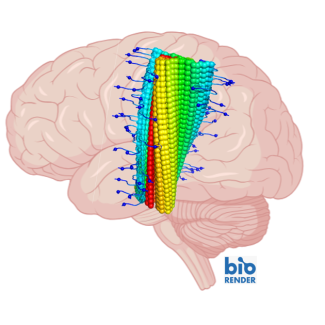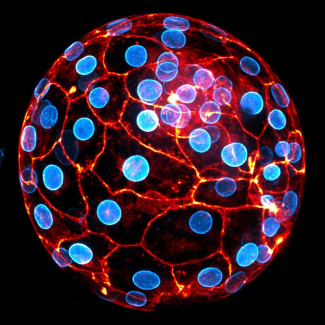
Risk aversion as a survival strategy in ants
Ants are excellent navigators and always find their way back to the nest. But how do they react when an obstacle or a predator blocks their path? An international team including Antoine Wystrach, a CNRS researcher at the Research Centre on Animal Cognition (CNRS/Université Tou-louse III - Paul Sabatier), has shown that ants are capable of changing their familiar route to avoid traps thanks to an aversive learning mechanism: by associating visual cues with negative experiences, they can memorise potentially dangerous routes. This was discovered when scientists "trapped" desert ants1 by placing a pit trap with slippery walls in their path; a small bridge hidden by twigs was their only exit. On the first attempt, all ants rushed – at almost 1 m/s – towards the nest and fell into the hole. However, on the second attempt they had already adapted their behaviour: as they ap-proached the trap, some ants stopped to scan their environment before making a quick detour and continuing safely to the nest. The researchers demonstrated that the ants’ visual memories experi-enced a few seconds before falling had been retrospectively associated with the fall. The goal for scientists is to now implement these learning mechanisms into their neural models in order to better understand the complexity of the insect nervous system. The results are published in Current Biology (April 9 2020).




Rapid Aversive and Memory Trace Learning during Route Navigation in Desert Ants. Antoine Wystrach, Cornelia Buehlmann, Sebastian Schwarz, Ken Cheng, and Paul Graham. Current Biology, April, 9 2020. DOI : 10.1016/j.cub.2020.02.082
Contact
Notes
- Researchers studied two species: Melophorus bagoti from Australia and Cataglyphis fortis from the Sahara.


